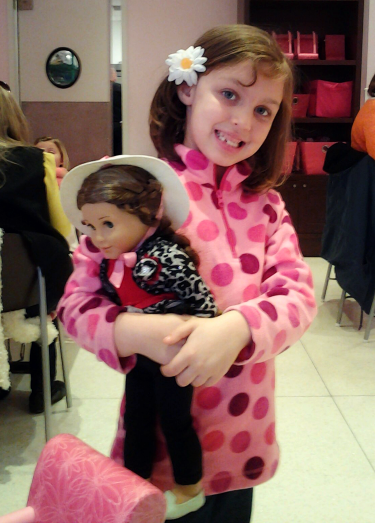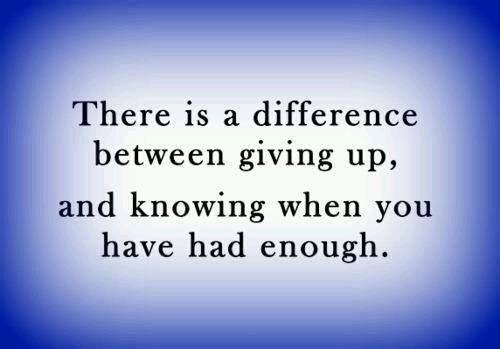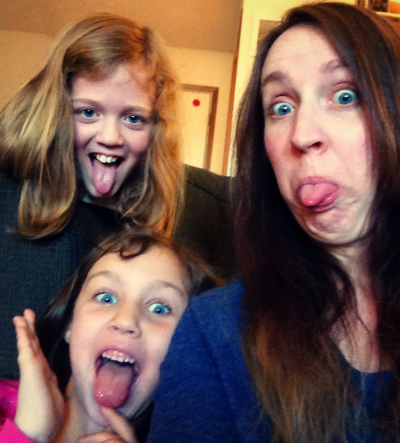First grade has been an interesting experience for Mira and for us. I’ve found that despite already having an older child, we’ve been prepared for practically nothing with a second child. Mira’s first grade experience has been entirely different from Cordy’s first grade experience.
When Cordy was in first grade, it was her first year of being fully mainstreamed, so we were intensely focused on making sure she could handle the classroom experience and start to enter the social world of the other students. Adapting to the classroom routine and nightly homework were the topics we spent the most time on.
Mira has had no trouble at all with adapting to classroom routine or navigating the social world. Rather, she seems to think the primary purpose of school is social time. Instead of wondering if she ever interacts with other kids in her class (which Cordy didn’t much), I get a long tale at least once a week of who her new best friend is, or who doesn’t like who in her class, or tears over one of her friends choosing another friend to play with over her.
This? Not my strength. I don’t have a lot of good advice for her about navigating the social network at school. Don’t be a bully, don’t hang out with bullies, and don’t waste your time with those who aren’t nice to you are the extent of my parenting advice about friendships.
Her social nature has resulted in some classroom woes as well. Not following the class rules will result in a student being required to move the card with their name on it down the wall to a warning. A second offense in the same week results in moving it again and losing five minutes of recess. A third offense results in ten minutes of recess lost. (The consequences get worse from there.) The cards are reset at the start of each week, so everyone has another chance at a fresh start.
Mira’s card is moved at least once most weeks, and it’s generally for the same reason: speaking out of turn. Those who know her are aware of what a chatterbox she is. The toddler with the speech delay took her speech therapy to heart and never stopped talking. At school, she forgets to not talk until she’s called on in class (she’ll raise her hand sometimes, but talks as she raises it), talks in the hallway when they’re supposed to be quiet, talks to those around her during quiet activities…it never ends.
In some ways, I’m not worried. I know it’s frustrating to the teacher, but if talking is her greatest offense, she’s not doing too bad. She’s impulsive, especially with her speech, and as long as her impulsive nature isn’t hurting anyone, it probably doesn’t need any intervention, other than reminders to not be disruptive. The consequences for talking when she shouldn’t have been beneficial. She makes an effort to remember when it’s OK to talk and when it isn’t. I don’t want to stifle her freedom of expression, but there are times in life when you need to be quiet, so I see no problem with reinforcing that lesson.
It’s been mentioned, by others and myself, that she likely has ADHD. No attention span, constantly on the go like she’s driven by a motor, fidgety, impulsive – I’ve completed the questionnaire at her pediatrician’s office, but have yet to schedule the follow up for the results. If she does have ADHD, we’ll manage. (Says the mom with ADD.) At her age, she’s not going on medication, especially when she’s doing fine in school and, other than being a distraction at times, she’s not bothering anyone else.
And it’s true that she is doing well in school. Her reading is slightly above grade level, her math skills are excellent, and she’s a pro at solving puzzles. When she had her pre-kindergarten evaluation in preschool, she was identified as likely gifted. The psychologist was impressed with her cognitive skills, even though she wouldn’t sit still for a moment of the test. (That was our first clue into ADHD, too.)
We discussed the possibility of giftedness with her teacher in the fall, and she thought it was worth requesting the individual evaluation. I’ll be honest – I wasn’t sure it was needed. Yes, I want to believe my kid is smart, but I also don’t want to be That Parent who assumes her kids must be geniuses. Cordy being gifted was fairly obvious, and she needed the intervention, but the signs are more subtle in Mira. It’s possible she’s just on the better side of average and I’m trying to interpret that into something far grander. There’s nothing wrong with average, and if she doesn’t need anything beyond her regular classroom, that’s fine.
Because her teacher thought Mira should have the evaluation, we agreed and signed the paperwork, and so one day last week Mira spent the morning with the gifted education coordinator. I’m not sure when we’ll get the results, but I’m curious to know if she gets the school’s label of gifted or not. Either way, she’s a bright student and it’s heartening to know that her teacher considers her smart, despite the behavior issues she has to endure.
The only benefit to the label is that she’ll qualify for some additional instruction, which often includes fun logic puzzles and games. Honestly, I wish they included that material with all kids in the school. Logic is a valuable skill that all kids should spend additional time developing at all levels.
Whether she’s labeled or not, Mira will take it in stride. Her endless enthusiasm and energy, along with her ability to roll with most situations, gives me assurance that she’ll do fine in whatever she’s up against. School is one big stage for her, and she’s happy to play whatever role she’s given.
 Life ambition at 6yrs old: be the first female Doctor Who. Or maybe a vet.
Life ambition at 6yrs old: be the first female Doctor Who. Or maybe a vet.













